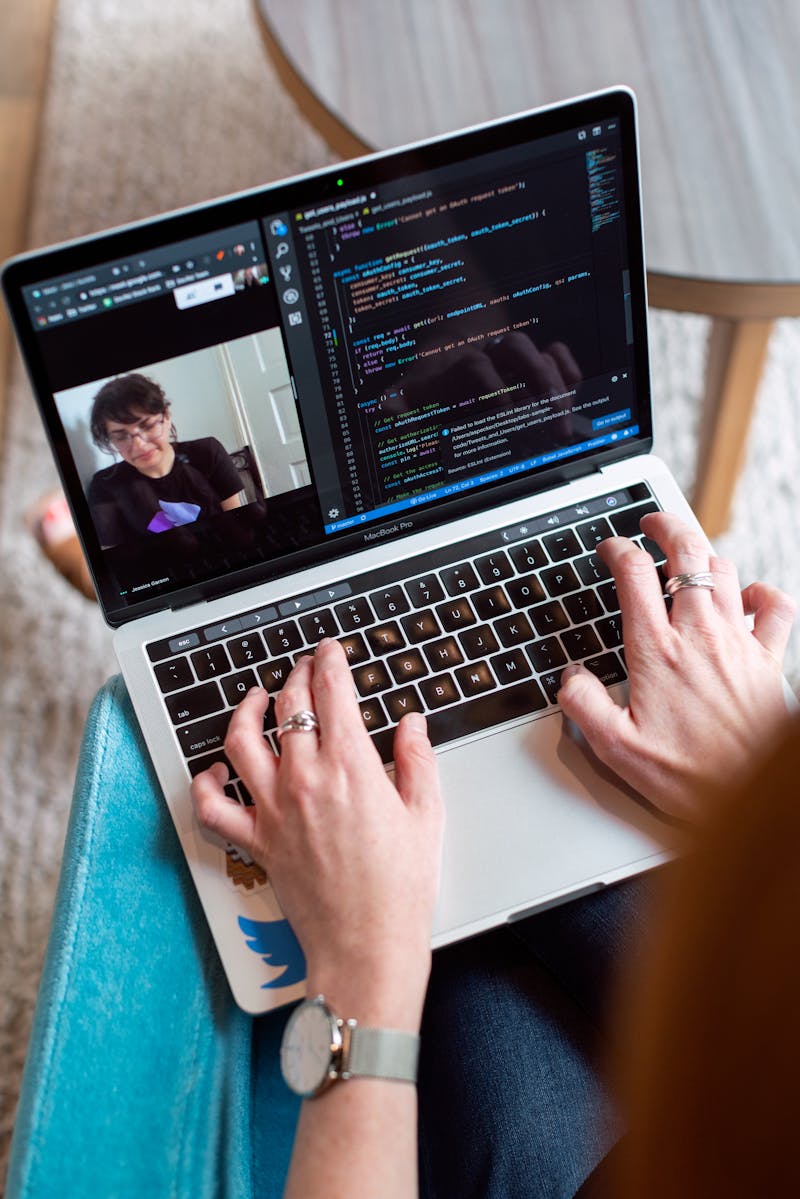Competitive Training Blueprint for Sussy Swap Simulator Teams
Climbing the competitive ladder requires more than casual scrims. This blueprint outlines a six-week training block built for serious teams that want disciplined practice, measurable progress, and confident stage performances.

Training Philosophy
A great team maximizes limited practice hours by focusing on repeatable skills: swap awareness, communication, and clutch execution. Adopt a “plan, drill, review” loop for every session. Enter with clear objectives, run purpose-built drills, then review footage for accountability.
Weekly Schedule Overview
| Day | Focus | Session Goals |
|---|---|---|
| Monday | Swap Awareness Drills | Perfect countdown calls, identify avatars within five seconds post-swap. |
| Tuesday | Role Specialty | Impostor double-kill practice, crewmate safe-zone rotations. |
| Wednesday | Scrim Night | Play three full matches versus ranked opponents, collect VODs. |
| Thursday | Review & Theory | Analyze scrim footage, refine meeting agendas, adjust task routing. |
| Saturday | Mixed Lobby Practice | Invite community guests to stress-test communication against unfamiliar voices. |
Reserve Sunday for rest or informal community events. Mental reset days reduce burnout and maintain team chemistry.
Essential Drills
- Swap Snap: Host triggers a manual swap countdown. Players shout their new avatar color and location within five seconds.
- Silent Sabotage: Impostors practice executing eliminations without voice cues. Crew must deduce the culprit solely through positioning.
- Task Relay: Crewmates chain tasks across the map to simulate high-pressure scoreboard pushes.
Data Tracking Toolkit
Use collaborative spreadsheets or our upcoming analytics tools to record key metrics:
- Average swap reaction time.
- Percentage of meetings with structured agendas.
- Task completion rate before fifth minute.
- Impostor win/loss split per map.
Review the data at the end of each week to adjust training priorities.
Scrim Etiquette
Professional scrims require mutual respect. Arrive early, communicate rule sets clearly, and share VODs if requested. After matches, thank opponents and provide constructive feedback. This culture strengthens the broader competitive scene and helps your team get invited to premier lobbies.
Mental Performance
High-pressure games test composure. Introduce breathing exercises before matches, set personal growth goals, and host debrief circles that emphasize learning rather than blame. Teams that manage morale outperform mechanically stronger squads who tilt easily.
Conclusion
Structured practice turns talented individuals into championship contenders. Follow this blueprint, remain flexible, and document every improvement. Within a few cycles you will notice smoother callouts, faster swap recognition, and calmer meetings.